Report Urges 10-Year Freeze in Mekong Hydropower Projects
The study responds to the growing private sector interest in the Lower Mekong Basin.
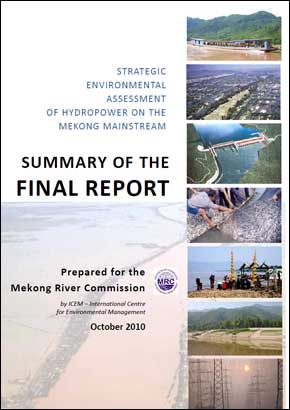
Soyaboury is at the head of a dozen proposed mainstream hydropower projects in Cambodia and Laos, as well as on the border of Laos and Thailand, that attest to the renewed investor and developer interest in constructing dams in the Lower Mekong Basin. In response to the developments, an international team of experts released in October a strategic environmental assessment report, calling for a 10-year freeze on the construction of dams along the Mekong.
The 14-month study — authorized by the Mekong River Commission (MRC), an intergovernmental body responsible for cooperation on the sustainable management of the basin — assessed the risks, opportunities and impacts of the projects. The report highlighted the significant economic benefits for the regional energy sector but found that the adverse effects on the basin’s riparian communities, agriculture and entire ecosystem outweigh the potential economic gains.
According to the assessment, while the projects have the potential to add a total of 13,500 megawatts of renewable hydropower and to reduce the power sector’s carbon footprint, they would also lead to “permanent losses in aquatic and terrestrial biodiversity of global importance.”
The study says that “given the far reaching potential effects and remaining uncertainties relating to the proposed mainstream projects,” any decisions on mainstream dams “should be deferred for a period of 10 years.” Reviews should be made every three years “to ensure that the necessary conditions to strengthen understanding of the natural systems, as well as management and regulatory processes, are conducted effectively.”
The Mekong is home to a number of rare bird and marine species but suffers from pollution, population growth, climate change and a string of dams built on its tributaries and in upstream China.
Hydropower development is already a hot-button issue along the river, which runs through six countries in Southeast Asia. Although the MRC has tried for years to develop an integrated solution to the challenges of joint management of the Mekong, it has achieved only modest success, wrote Peter Gleick, president of the Pacific Institute for Studies in Development, Environment and Society.
China and Burma, the upstream nations, never signed the international cooperative agreement for the Mekong, a move which has put a strait jacket on the MRC’s authority to manage the Basin. Although the river’s transboundary nature calls for a thorough review and consultation process before hydro schemes can be approved, in practice this rarely happens, as the MRC has merely an advisory role.
But MRC’s four member states — Cambodia, Laos, Thailand and Vietnam – have committed to using the latest assessment results in discussions for hydropower projects “before a decision is made whether or not to go ahead and, if so, under what circumstances,” Radio Free Asia (RFA) reported.
The study “demonstrates the value of cooperation amongst MRC member countries on what are highly sensitive issues,” said Jeremy Bird, CEO of the MRC Secretariat in Vientiane, Laos.
According to the MRC, the growing interest in mainstream Mekong development follows the completion of three Chinese hydropower projects — which will result in increased dry season flows downstream — as well as the global push for reducing carbon emissions from energy production.
Sources: Mekong River Commission, Radio Free Asia
Read more about the Mekong River Basin on Circle of Blue.
, a Bulgaria native, is a Chicago-based reporter for Circle of Blue. She co-writes The Stream, a daily digest of international water news trends.
Interests: Europe, China, Environmental Policy, International Security.

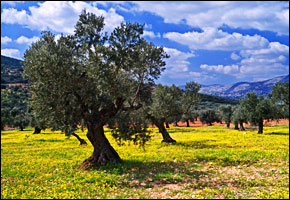
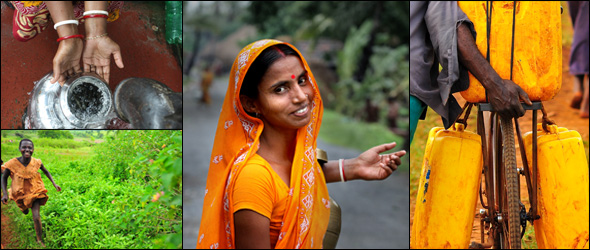

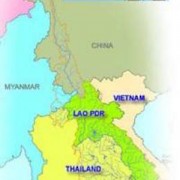


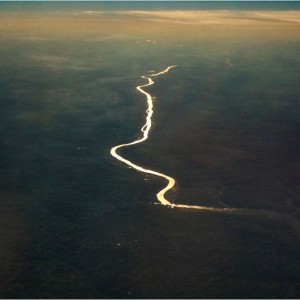

Leave a Reply
Want to join the discussion?Feel free to contribute!